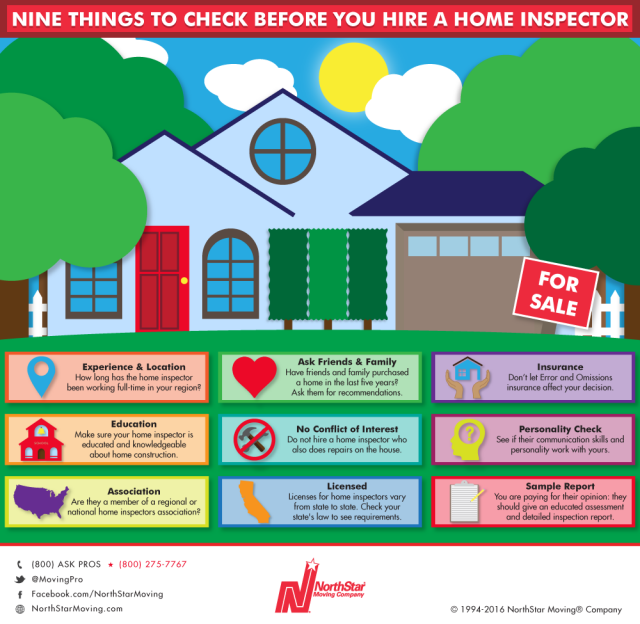Buying a home is a huge financial and emotional commitment, we know that. Most of us purchase a home just a few times in our lifetime. It’s full of countless decisions: Is this the right house for my family? Is the neighborhood where we want to live? Can we afford it? Unfortunately, one of the first and most vital steps in the home buying process is often overlooked – hiring a qualified home inspector.
The home inspection can make or break your home purchase. The inspection should uncover any structural issues, aging systems, and every detail of the home’s condition from ground to roof. The inspection predicts any problems you may have and if it will be a top functioning home for you. So, make sure the inspection is handled by a qualified pro. After all, we all know: there is nothing like Home Sweet Home.
I connected with a long-time friend and veteran home inspector, Toby Deming of Associated Master Inspectors, to uncover the steps and questions that should be asked to find and qualify a top home inspector. Here are his nine nifty tips:

1. Experience & Location: Ask the home inspector how long they have been working as a full-time home inspector in your region. The most critical factors when selecting a home inspector are the number of years they have experience in the business and their experience in the region you are buying a home. Home inspecting is a trade that requires real time on the job to be one of the best.
2. Education: Check their education background. There are some national schools for home inspection, but many home inspectors come from an engineering or general contractor background. While their education background can vary you want to make sure you find an inspector that has knowledge of the construction of homes.
3. Association: Are they a member of a regional or national home inspectors association? Active membership demonstrates they are staying on the cutting edge. They are talking to and learning from other inspectors’ experiences. The American Society of Home Inspectors (ASHI) is a great association. The ASHI requires inspectors to fulfill at least 250 paid inspections to become a full member as well as pass a more demanding written examination. Their exam is more intensive than most states require for licensing.
4. Use Friends & Family: The popular review sites for other home services is not an ideal place to find a home inspector. The folks posting reviews usually just had their home inspection completed. They don’t know what defect might be hiding in their new home that was overlooked by their home inspector. Instead, ask friends and family who have used a home inspector in the past few years for a recommendation. They will have lived in their home, and will have had time to discover if any items were overlooked.
5. One Trade: Do not hire someone that also works on and fixes the homes they inspect. Most states don’t allow home inspectors to work on homes they inspect. It is a conflict of interest. You want someone that only inspects homes.
6. Licensed: Licenses for home inspectors vary from state to state, so check to see what your state requires of a home inspector.
7. Insurance: Don’t let Error and Omissions insurance affect your decision. Even if a home inspector offers this insurance, there are still a lot of time, trouble and legal processes you will have to go through if a problem does arise.
8. Personality Check: When interviewing your potential home inspector, check to see if their communication skills and personality work with yours. You want to be able to communicate well. If you are getting a bad vibe over the phone, it’s probably going to be difficult to interact with this individual. Trust your gut and move on.
9. Sample report: Lastly, review a sample report. How easy is it to read and navigate? Does the inspector make the hard call or does he defer to an expert at every opportunity? You are paying for his opinion; he should give an educated assessment and detailed inspection.
Thanks to these nine nifty tips, you can feel confident with your home purchase. You know you had a pro handle your inspection. Now, on to the next steps – purchase, close, escrow, and move! So happy, you have peace of mind moving into a safe and secure house that you can call: SWEET! Yep, that’s what home sweet home is all about.
Laura McHolm is an organizational, moving & storage expert and co-founder of NorthStar Moving Company. NorthStar Moving Company is an award winning, “A+” rated company, which specializes in providing eco-luxury moving and storage services. www.northstarmoving.com






